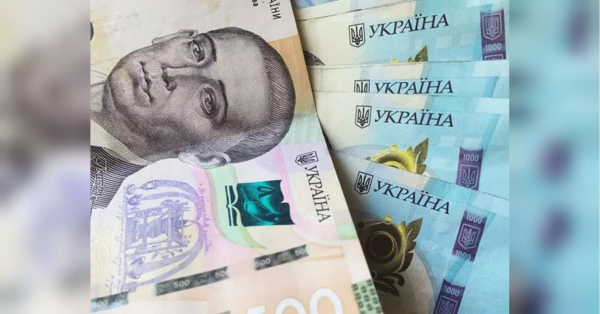
The lower house of Russia's parliament on Tuesday approved legislation increasing the punishment for treason to life imprisonment and boosting the penalty for terrorism.
The legislation, which advances to the parliament's upper house, represents an escalation of the Kremlin's domestic crackdown. Human rights advocates say charges of treason and terrorism are sometimes used against political critics and opponents. Another aspect of the crackdown reported Tuesday was an allegation of violence brought against imprisoned Russian opposition leader Alexei Navalny.
The State Duma sent for further approval a proposal to increase the punishment for treason to life imprisonment from the current maximum of 20 years. Punishment for terrorism would be increased from 15 to 20 years in prison. Specifically for international terrorism, punishment will be from 12 years to life imprisonment, up from its current penalty of 10 to 20 years.
In the Navalny case, his spokespeople reported that he was hurt in an incident Monday in the maximum security IK-6 prison in the Vladimir region village of Melekhovo, about 250 kilometers (155 miles) east of Moscow.
According to his spokespeople, a prison guard struck Navalny's groin with a knee while forcibly moving him to another cell. Navalny had resisted the move because an inmate in the new cell had been “reduced to a completely animal state” with a strong smell. After he was forced into the cell, the jailed Kremlin critic then grabbed the other inmate and tried to push him out. Prison authorities informed Navalny that a criminal case would be initiated against him over the incident, his spokespeople said.
Navalny's US-based spokeswoman said the incident portends even more harassment.
“Not only have they launched a new criminal case against him, but it is actually the first time they’ve crossed the line of actual physical violence against him,” Anna Veduta, vice president of Navalny's Anti-Corruption Foundation, told The Associated Press. “This is beyond alarming, because as you can understand, once this Pandora's box is open, nothing stops them from further beating or cutting him, provided that all actions are Kremlin-approved.”
In 2020, Navalny became severely ill and fell into a coma while visiting a Siberian city. He was airlifted to Germany in critical condition and found to have been poisoned with a nerve agent. During his months of recovery, he released the recording of a call he said he made to an alleged member of a group of officers of the Federal Security Service who purportedly carried out the poisoning.
After that, authorities said his recuperation in Germany violated the terms of his suspended sentence. Nonetheless, Navalny returned to Moscow in January 2021, where he was arrested at the airport. He was sentenced to 2½ years in prison, and last year was convicted of other charges and given another nine-year term. Last week, Veduta said Navalny is seriously ill in prison and that poisoning is suspected.
Sourse: abcnews.go.com






